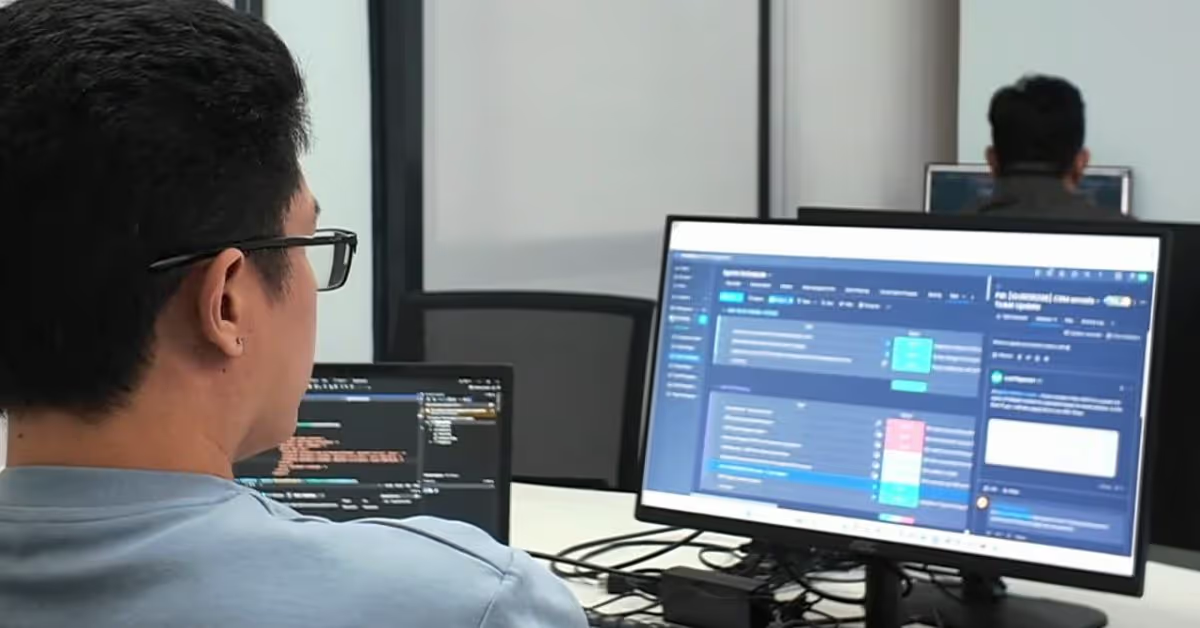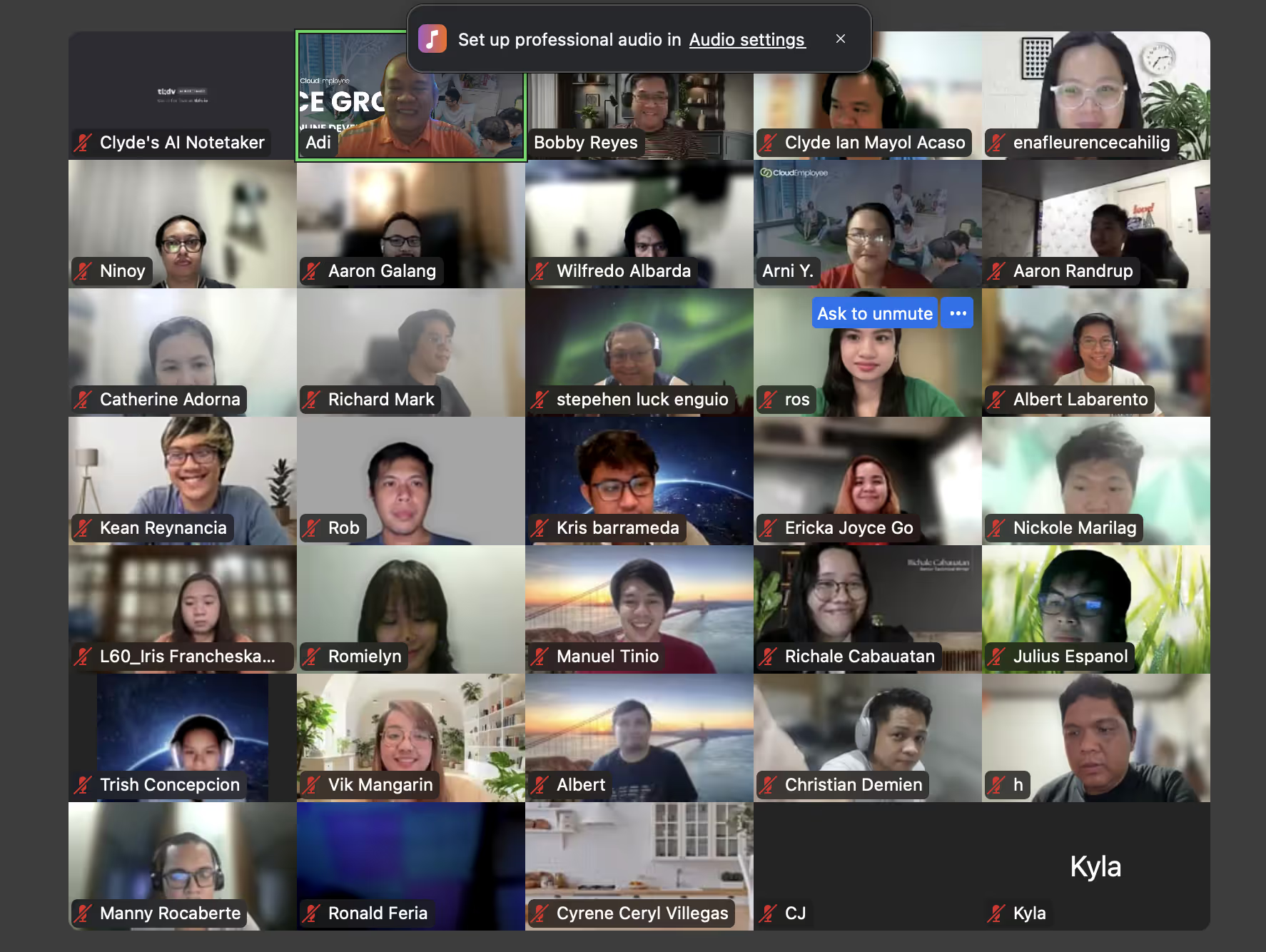Cloud Employee Blog
All Blogs & Guides
From scaling teams to navigating AI, explore our expert insights on hiring, managing, and retaining top engineers. Discover practical guides, insights from leaders, and expert thought pieces designed to help tech leaders build resilient, high-performing software teams.
Latest articles:
Looking for a particular topic?
Hiring Tips:
View all articles
Scaling Teams:
View all articles
Managing Engineers:
View all articles

Free Resources
Looking for tools, guides, video and more? Try our resources
Staff Augmentation:
View all articles
Nearshoring & Offshoring:
View all articles
AI in Software Development:
View all articles



.avif)


















